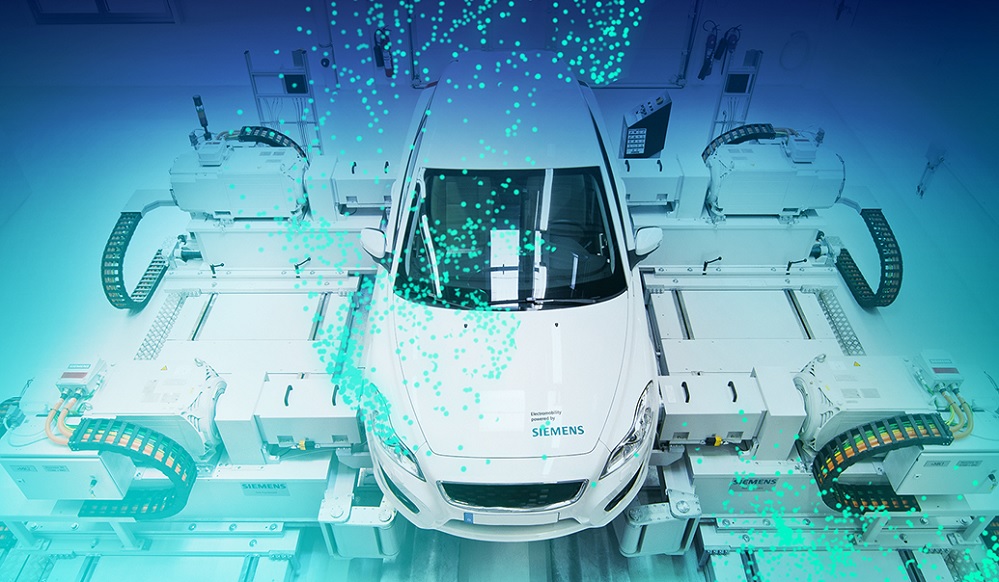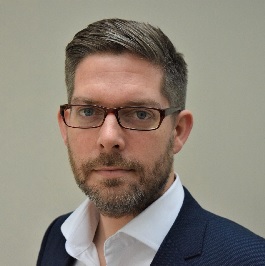System tomorrow: software and automotive – The Future Car on E/E Systems – ep. 4

What will the future car look like, and how will electric and electronic architectures impact the evolution of new vehicles? To address these questions requires experts to assess the high-level vehicle requirements of future automobiles. This process includes leveraging a common data set of information via a digital twin throughout the development process.
Therefore, skilled engineers are essential as the automotive market shifts from traditional mechanical skills to innovative software and electronics. Additionally, these new technologies are changing quickly, requiring companies provide these skilled engineers with easy-to-use tools to keep pace with the shifting industry. Our experts discuss these issues and more.
Listen to the podcast.

In response, engineers transition their disciplines toward tools with superb usability and intuitiveness with transferable process knowledge. Therefore, there is a need for learning support through online courses, on-demand training or in-person education to support engineers and companies, enabling them to catch up quickly and discover new aspects of tools or processes. It is a holistic endeavor, offering to engineers more than merely new software.
Also, it’s important to remember that no implementation is the same. Although we provide the same software to hundreds of customers globally, every situation is unique. Therefore, our guidance is essential to provide the optimum method to use the software based on their process and constraints. It’s ideal for our customers to quickly learn and adapt to new tools and techniques from the comfort of their home, along with the essential and effective implementation of these tools and processes.

Some companies are more proficient with refining their approach based on the current landscape and dynamic of their environment and what works and what doesn’t work for their situation. In contrast, other companies don’t see a need for change because what they’re currently doing seems to be working. The latter are less motivated to change. However, they’re not as reactive to their surroundings – which can be a challenge.
Again, it also depends on the project’s scope, as it can be easy to implement process improvements for a specific engineering team. But when you’re implementing changes across the entire enterprise, it affects the complete process that impacts those responsible for the architecture definition and the networking requirements in the resulting definition output. This also includes the resultative software structure from the ECU partitioning and feature allocation. So again, it’s a holistic process with many things intertwined, making decisions with all the groups involved at various times based on what’s best for the enterprise. Learn more about this process in this fourth podcast of the Automotive E/E series.
Siemens Digital Industries Software drives the transformation to enable a digital enterprise where engineering, manufacturing, and electronics design meet tomorrow.
Xcelerator is a comprehensive, integrated portfolio of software, services and an application development platform. The portfolio accelerates the transformation of businesses into digital enterprises. It unlocks a powerful industrial network effect – essential requirements to leverage complexity as a competitive advantage, no matter the industry or company, to transition seamlessly to create tomorrow’s complex, efficient machines.
About our experts:
Doug Burcicki is the Automotive Market Director for the IES team at Siemens. Doug was the Director of Advanced Business Development at Yazaki, a globally focused role in which he was responsible for identification of Product and Technology trends resultant from Market, Regulatory and Economic indicators. Also, Doug was Vice President for the Yazaki General Motors BU responsible for global P&L, sales strategy and overall customer relationship driving significant success at the account. Doug holds a Masters in Automotive Engineering (Mechanical focus) from Lawrence Technological University, MAE and Bachelor of Science in Electrical Engineering from Wayne State University, BSEE.
Dan Scott is the Marketing Director for Integrated Electrical Systems at Siemens Digital Industries Software. He is responsible for Capital, Siemens’ E/E systems development portfolio. This encompasses E/E architecture, electrical systems, communication networks and AUTOSAR embedded software products. He has experience working for OEM’s, suppliers and consultancies in the auto and aero industries, including at Ricardo, Frost EV Systems, Tata Motors and Rolls-Royce. He has published several academic & industry papers on vehicle electrification and system optimization.


